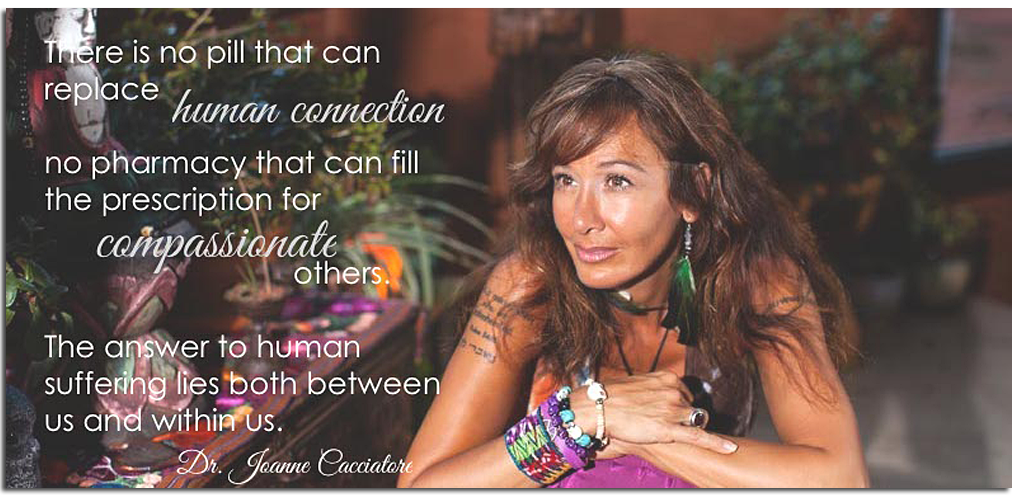
Transcendence is the only alternative to extinction.
Vaclav Havel, July 4, 1994
During the course of a personal tragedy- one that is immeasurably traumatic, such as the death of a child- individuals have several choices, according to iconic thinkers such as Viktor Frankl and Sogyal Rinpoche. We can - when we are ready - search for and make meaning in our losses. And, as human beings having a human experience, there will be many, many losses.
This sense of purposefulness is often aided through service to others. Throughout history, many holy books, including the Bible, speak of serving others as a way toward union with the Creator. Many cultures embrace service as the cornerstone of a peaceful society. Spiritual and social leaders throughout time have recognized service as a fundamental pillar in reaching others (consider the most well-known "servers of people", Jesus Christ, Gandhi, Martin Luther King, Jr., and Mother Teresa). The need to restructure our selves is necessary at the micro level; and there is also, particularly now given the sociopolitical, global climate, a call toward service to others at the macro level (through ideas such as altruistic economics).
The alternate response is - well - to neither search for nor to find meaning. I see this in some bereaved individuals who, even years after their traumatic loss, meet a newly bereaved person and still feel the compulsion toward narcissism. They are unable to focus on the other rather than themselves. In other words, they are unable to transcend their own loss so it becomes difficult, if not impossible, for them to sit quietly and truly hear another's story of loss without imposing their own pain. The entire process of grief becomes protracted and self-indulgent, and neither truth nor meaning nor growth nor purposefulness are easily discovered under these circumstances.
Frankl asserts personal responsibility as a requisite to meaning, making each of us ultimately culpable for the psychological, emotional, and social outcomes following traumatic loss. We have a choice. Our choices allow us to transcend.
Or not.
If we choose not, then we surely, in more ways than the apparent, face extinction.

